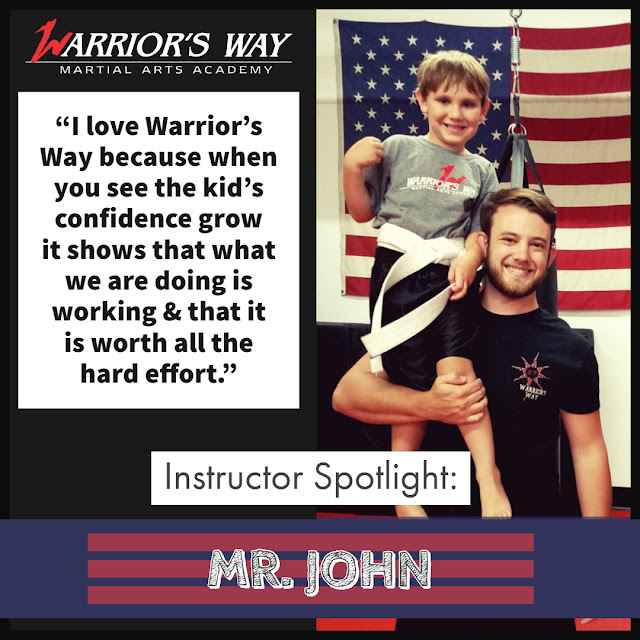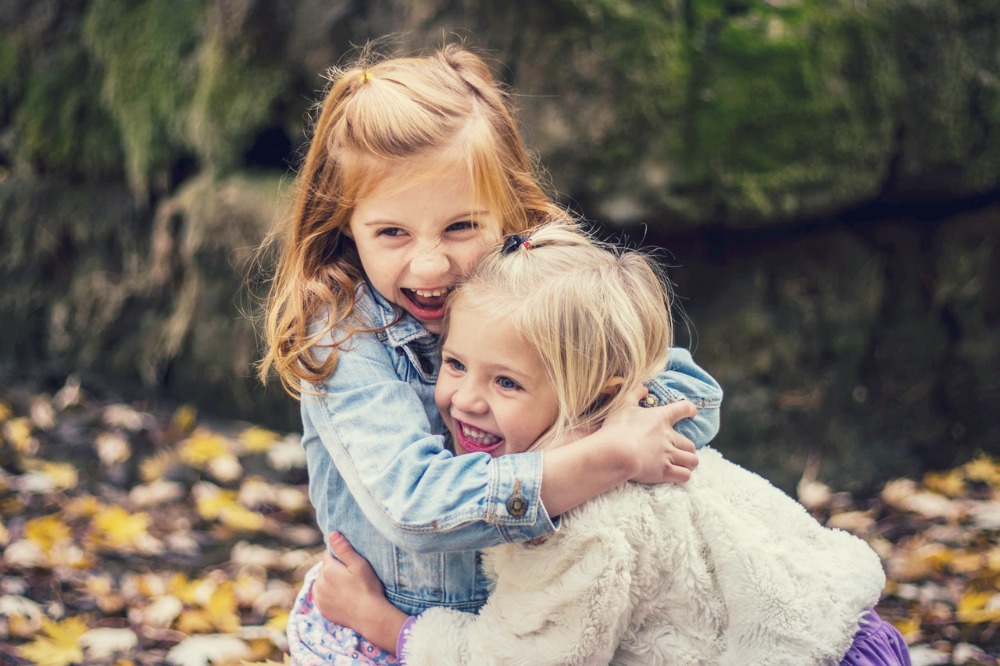
Patience is probably one of the biggest things we struggle with as parents. We start each day refreshed with a full energy bar of patience that our tiny humans chip away at until we literally cannot even anymore. Perhaps it was because you had to repeat yourself 437 times today, maybe it was the stressful morning rush trying to make it to school and work on time, the forgotten lunches, sibling fights; the list and your day goes on for eternity and your patience just doesn't. Problem is we are the role models 24/7. Through the good and the bad. So how do we teach our child to manage big emotions in a healthy and calm manner when the heat is on and our own temper flares?
The truth is n
o matter our age, emotions are a powerful force to be reckoned with. Yet emotions aren't inherently bad. Emotions allow us a glimpse into how well things are going in life and what we need more of. For example happiness lets us know we are on track, sadness lets us know we are lacking something and might need to reach out to loved ones more, the list goes on and on. But if we don't have good coping mechanisms for each of these vastly different feelings than they can quickly overwhelm us and spin out of control. The result of this lack of self control when emotions start to cloud our judgement can be dramatic to say the least.
Kids emotions may seem more extreme than ours, but it is only because they have yet to work out some good coping mechanisms and healthy responses to these big emotions. That can be especially evident if you look at anger for example. An angry child is a force to be reckoned with it. Which is a shame since you truly can't reason with them until they are much older. So how do we manage these big blowups that strike over the smallest of injustices without losing our sanity and our patience as a parent?

The secret lies in having a calm down plan in place before the inevitable blow up. Having this strategy in place before any incident doesn't negate the importance or validity of your child's big emotions. But it does give them a formula for socially accepted methods of expressing themselves and dealing with this tricky emotions with one important key... they aren't allowed to hurt others. Many children will use their emotions as an excuse to strike out. Warrior's, however, know that it is never okay to hurt another and they take time to cool down and think through their feelings before acting. One of our Warrior parent's is a child psychologist and she first introduced us to these 5 steps for managing big emotions. We've been using it in our school ever since and have seen huge improvements because of it. So give it a try at home. You might be surprised with the result.
(1) Remind myself it is never okay to hurt others:
When it comes to raising warriors this is the gold standard. No matter how you are feeling it is never okay to hurt others or their property. Not even with our words. When we forget that we are not acting with courtesy and respect. And our student creed says we will act with courtesy and respect at all times. That is a promise we say every class. And we warriors mean it!
(2) Take 3 deep breaths or count to 10 slowly:
We like to cue the kiddos to do this by saying "let's take 3 for 3." This is a reminder to take 3 deep breaths and hold each one for 3 seconds. This doesn't make our big emotions go away, but it gives us a chance to think calmly rather than simply reacting which is a very important lesson most kids are a long way from learning. Ways we reinforce this with the kiddos is by going over the warning signs they need to recognize within their body that shows they're about to blow (i.e. fists clenched, racing heart, or tense up within the body) before an emotional event occurs.
(3) Use my words to say how I feel and what I wish would happen:
Our emotions are valid and they need to be addressed so we can grow and move past them. When your child is able to accurately identify what emotion they are experiencing and state it the battle towards self control is half way there. This is the hardest lesson to learn, but it is the most rewarding. It requires the child to analyze why they feel that way and state what they want instead. Initially this will be out loud with some prompting on your part. As they burn more reps on handling their big emotions, however, your kiddo will be able to internally prioritize their emotion and whether or not it is worth making a big deal about (much like most healthy adults do).
(4) Ask for help to solve the problem:
This is one thing that is difficult no matter your age. It is hard to ask for help. It is hard to admit we can't manage alone. However, this is such an important lesson for a growing Warrior. The more instilled this habit is, the more likely they are to come to you when challenges arrive during the teenage years. So take the time to let them voice their concerns out loud and give them a chance to work through their problems with you as a sounding board. The dividends in adolescent years to come are too priceless to let slip bye. So keep those lines of communication open and strong warrior parents!
(5) Take time to calm down:
Sometimes the proposed solution isn't enough to make big emotions go away. Even if it is the best option available you can still be left feeling hurt, or like it wasn't fair. So sometimes your child might need some space and that's completely okay! Support them through this final step if they need it. And don't forget this step isn't required or used to isolate a still emotional child. It is okay to still be having big feelings. Our priority is to manage them in a productive and respectful way. So acknowledge the positive steps and decisions your Warrior has made thus far. Working through these steps is positive progress towards ending emotional meltdowns altogether.
You've got this Warrior parents!
















